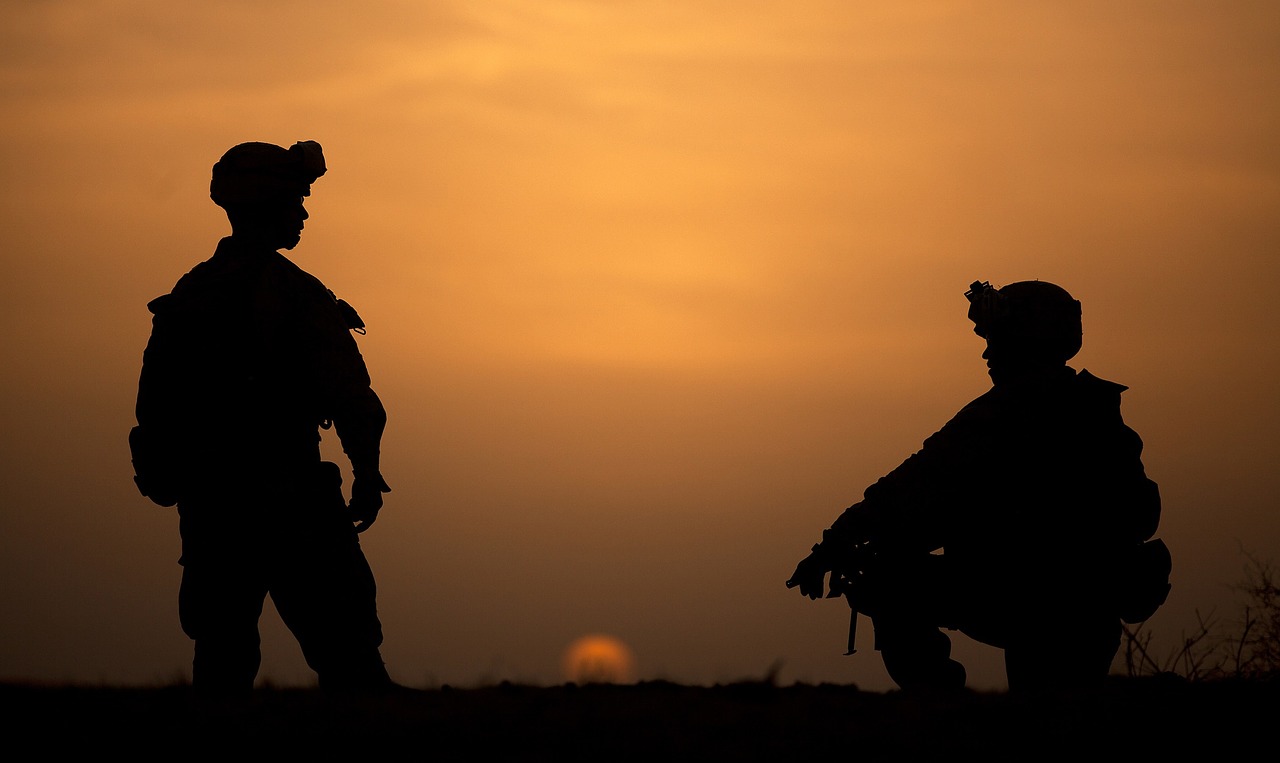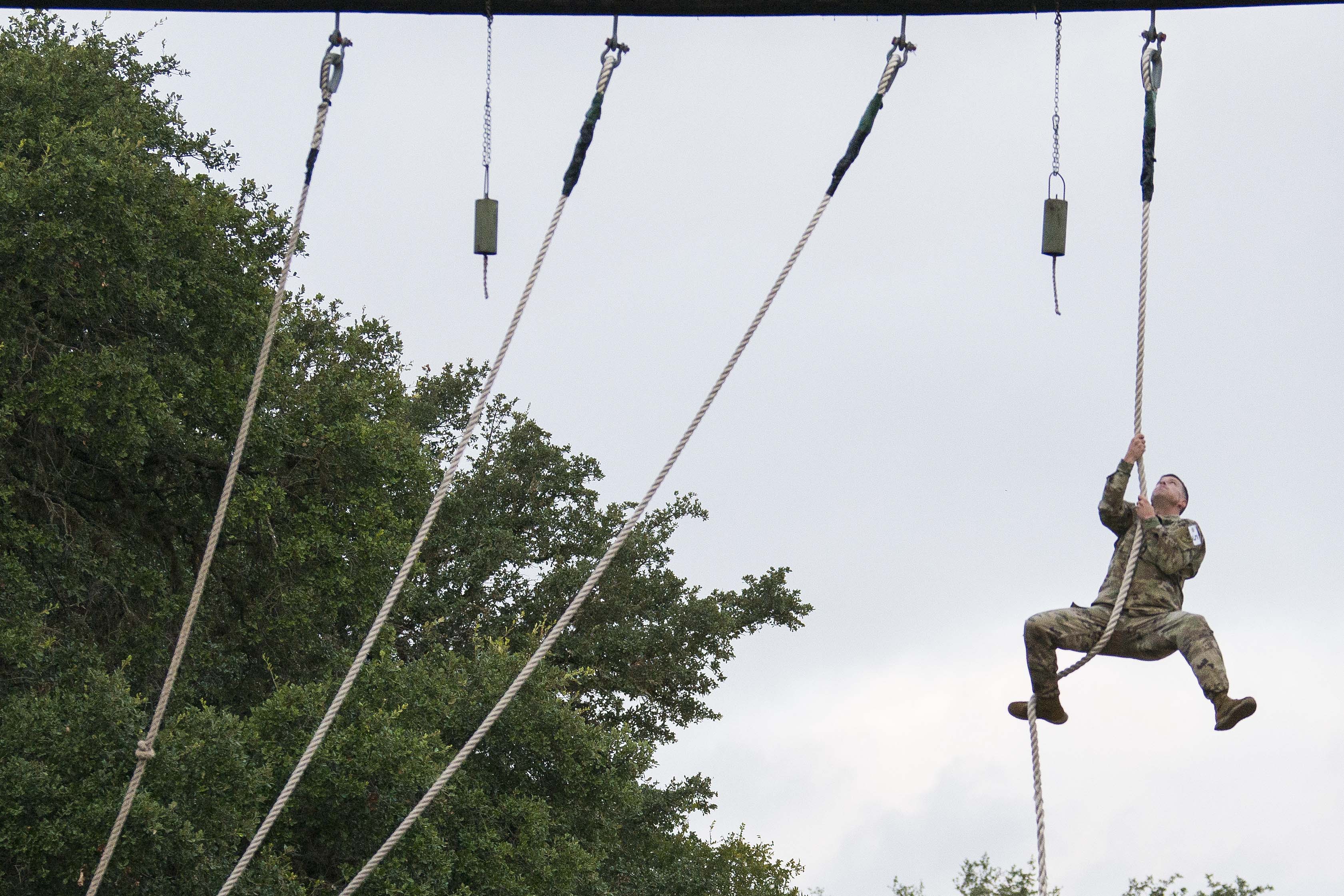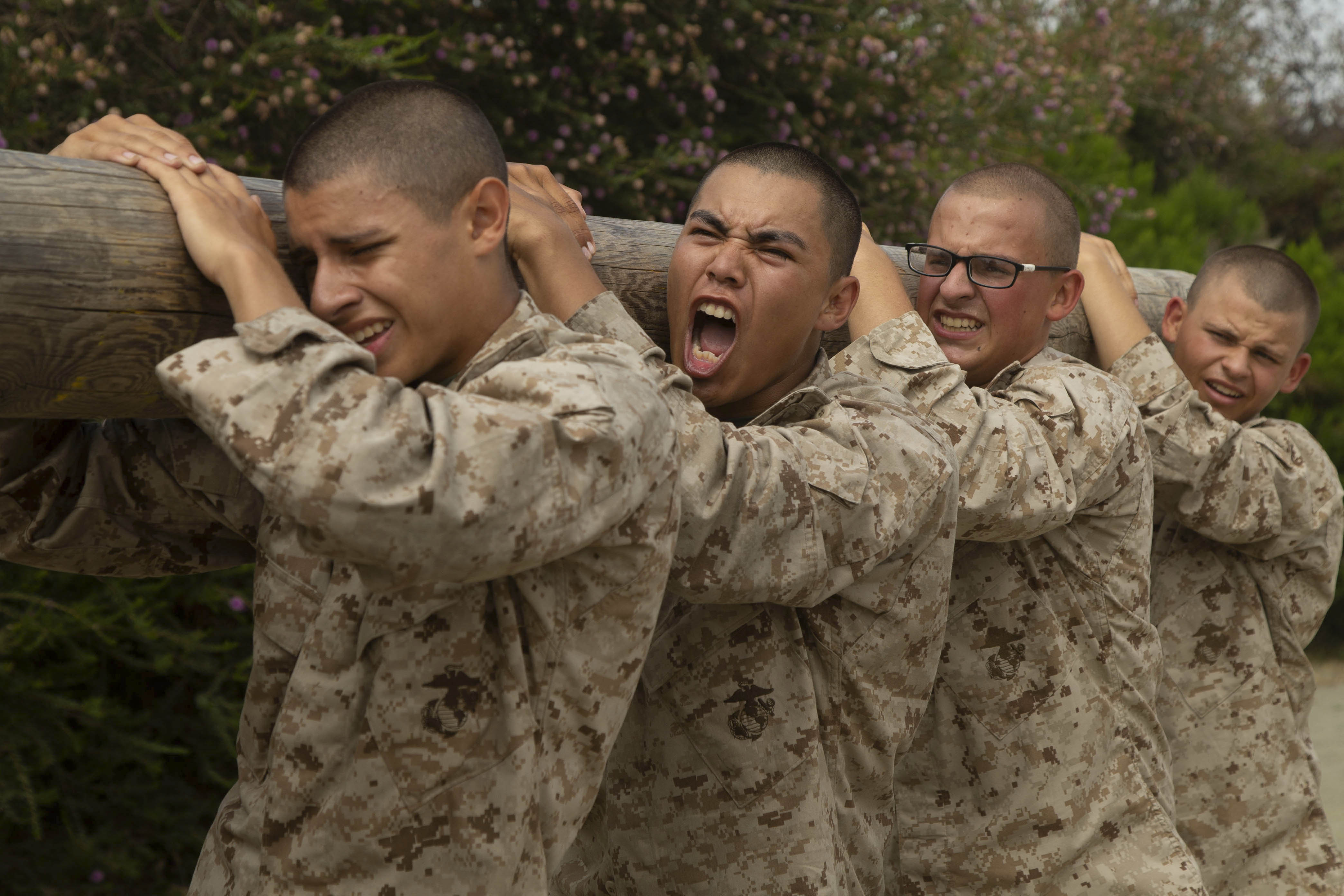
There are many obstacles for a veteran seeking mental health counseling. One is that veterans believe that they have to admit that they are weak or broken before they get up the courage to go talk to a therapist. That they are somehow deficient, less than what they were, or lacking in some critical way. In my experience, mostly everyone wants to have a positive image of themselves. Service members see themselves as capable, confident, able do get the job done. The challenge, though, is that the veteran sometimes forgets where they came from…they seem to forget that they are a warrior.
When I see a veteran for the first time, I don’t see them as broken. I don’t see them as weak or in any other way deficient. I see them as someone who, at one point in their life, was able to overcome significant obstacles. To thrive under considerable stress. To do something that few others have done or are willing to do. Raising your right hand to volunteer isn’t enough, of course. Anyone can do that. I can tell you, the first time I did that in 1992, I had very little idea what it would be like. Of course, once I got to basic training, I found out pretty quick.
Deploying Does Not Make You a Warrior, Overcoming Adversity Does
The word “warrior” was not really in the Army’s vocabulary for much of my military career. This may be hard to imagine for many of the younger veterans, but the Soldier’s Creed (and the Warrior Ethos that it contains) was not developed until 2003, after the nation had been at war for over a year. Before that, us crusty non-coms used to refer to our soldiers as “troops” or “hero” or any other of a number of names. But the idea of Warrior was not common. Sure, we screamed about “blood, red, red blood” during bayonet training in boot camp, but Warrior? Not really.
Reflecting on the concept of warrior, though, I consider someone who has been battle-tested. Laying your life on the line, literally, and coming out the other side makes one a warrior. It can also be argued, however, that anyone that has overcome adversity of a significant measure can be described as a warrior. More than just the stressful boot camp, but actually being tested and found to be capable. Any adversity…a fire on the ship, an ambush, an improvised explosive device. Anything that leaves a scar, physically or psychologically, is adversity, and overcoming adversity and persevering makes one a warrior.
Veterans Were Once Warriors
Looking at things from that definition, veterans are warriors. It doesn’t matter if the adversity was a running firefight through the alleys of Baqubah, or manning aircraft that escorted Russian jets out of NATO airspace during Cold War incursions. The military is an inherently dangerous occupation, and the stories that veterans have of the numerous adversities that we’ve faced would shock and surprise many who haven’t served.
The vast majority of veterans I meet have overcome significant hardships in their life. Sometimes, the hardship began before they joined the military, and life in the service was a cakewalk compared to their childhood. The hardship was deployment, danger, combat, war. At some point in their military career, veterans overcame their own doubts, fears, and hesitation and conducted themselves like a warrior. Why they did it wasn’t important; it might have been to get the glory, or impress the guys or gals back home, or to save their buddy and bring them back home. The reason is not important, but the result is: the scars remain. The proof of the Warrior, whether the warrior wants to admit it or not.
Adversity Impacts the Warrior
The problem often is, the adversity changes us in ways that we did not expect, and don’t realize until after the change has occurred. Adversity, trauma, stress, combat, any of these things…veterans are no longer the way they were before they experienced them. “Older and Wiser,” some might say, but no longer joyful and careless. We know the darkness that lies in the hearts of our fellow man, and what lies in our own hearts…often because we’ve had to engage that darkness in order to overcome adversity. Scars aren’t handed out like candy; whether they are psychological or physical, they are earned, through pain and stress, and are only healed with time and treatment.
Therefore, the one thing that makes one a Warrior…adversity…also has a high likelihood of changing the service member in a critical way. Sometimes in a detrimental way. That doesn’t mean that the warrior is screwed up…but the situation certainly was. We will fight to get treatment for things in the environment that caused us physical illness, such as Agent Orange, Gulf War Syndrome, or toxic burn pits…and we recognize that it was the environment that caused this, not some personal weakness or deficiency. When it comes to the psychological impact of adversity, however…that’s taken as an entirely personal weakness, and the environment had nothing to do with it.
Veterans Can Be Warriors Again
The key about being a warrior…once you have come out the other side of the fire, you can do so again. You don’t gain strength by avoiding adversity, you gain strength by overcoming it. The person who has never lost, has never bled, has never failed has never been truly tested…and is, in reality, no warrior at all. The scars of a warrior remind us of three things: we are human, we have persevered, and we can heal. When we find ourselves at a point where we feel defeated, we can and should remember: we were a warrior once, and we can be a warrior again.
 The Head Space and Timing Blog is supported by the Colorado Veterans Health and Wellness Agency, a 501(c)3 Nonprofit in Colorado Springs, Colorado. The goal of the CVHWA is to provide military culturally competent mental health counseling to veterans and their spouses, regardless of characterization of discharge, time of service, or era of service. Our vision is to assist veterans to identify and remove barriers to their mental, physical, emotional, and behavioral wellness. For questions or inquiries, contact us!
The Head Space and Timing Blog is supported by the Colorado Veterans Health and Wellness Agency, a 501(c)3 Nonprofit in Colorado Springs, Colorado. The goal of the CVHWA is to provide military culturally competent mental health counseling to veterans and their spouses, regardless of characterization of discharge, time of service, or era of service. Our vision is to assist veterans to identify and remove barriers to their mental, physical, emotional, and behavioral wellness. For questions or inquiries, contact us!


